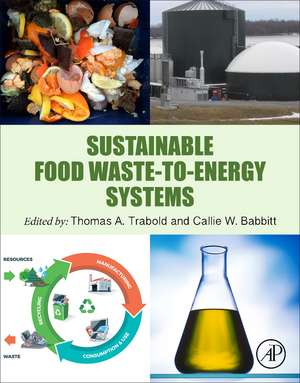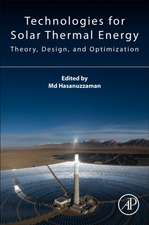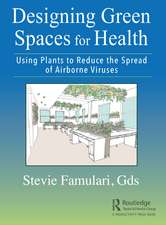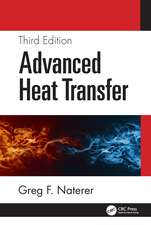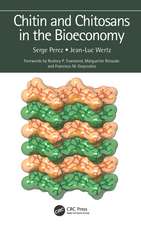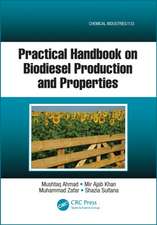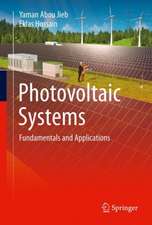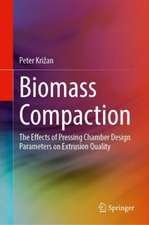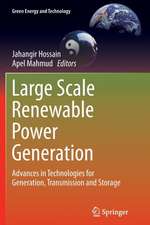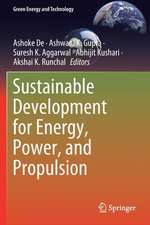Sustainable Food Waste-to-Energy Systems
Editat de Thomas Trabold, Callie W. Babbitten Limba Engleză Paperback – 7 sep 2018
The book concludes with an analysis of how deploying waste-to-energy systems is dependent on cross-cutting research methods, including geographical information systems and big data. It is a useful resource for professionals working in waste-to-energy technologies, as well as those in the food industry and food waste management sector planning and implementing these systems, but is also ideal for researchers, graduate students, energy policymakers and energy analysts interested in the most recent advances in the field.
- Provides guidance on how specific food waste characteristics drive possible waste-to-energy conversion processes
- Presents methodologies for selecting among different waste-to-energy options, based on waste volumes, distribution and properties, local energy demand (electrical/thermal/steam), opportunities for industrial symbiosis, regulations and incentives and social acceptance, etc.
- Contains tools to assess potential environmental and economic performance of deployed systems
- Links to publicly available resources on food waste data for energy conversion
Preț: 600.18 lei
Preț vechi: 659.54 lei
-9% Nou
Puncte Express: 900
Preț estimativ în valută:
114.86€ • 119.47$ • 94.82£
114.86€ • 119.47$ • 94.82£
Carte tipărită la comandă
Livrare economică 07-21 aprilie
Preluare comenzi: 021 569.72.76
Specificații
ISBN-13: 9780128111574
ISBN-10: 0128111577
Pagini: 292
Ilustrații: 100 illustrations
Dimensiuni: 216 x 276 mm
Greutate: 0.69 kg
Editura: ELSEVIER SCIENCE
ISBN-10: 0128111577
Pagini: 292
Ilustrații: 100 illustrations
Dimensiuni: 216 x 276 mm
Greutate: 0.69 kg
Editura: ELSEVIER SCIENCE
Public țintă
Professionals working in waste to energy technologies, professionals working in food industry and food waste management sector, researchers, graduate students, energy policy makers, and energy analysts interested in the most recent advances in the field.Cuprins
1. Introduction
2. Waste resources in the food supply chain
3. Conventional pathways for food waste utilization and disposal
4. Sustainable waste-to-energy technologies – chemical and biochemical
5. Sustainable waste-to-energy technologies – thermochemical
6. Environmental aspects of food waste-to-energy conversion
7. Economic aspects of food waste-to-energy system deployment
8. Policy and regulatory considerations
9. Waste-to-energy system logistics and deployment
Appendix A: Physical and chemical properties of selected food wastes
Appendix B: Biomethane potentials of selected food wastes
Appendix C: Sources of food waste resource and conversion data
2. Waste resources in the food supply chain
3. Conventional pathways for food waste utilization and disposal
4. Sustainable waste-to-energy technologies – chemical and biochemical
5. Sustainable waste-to-energy technologies – thermochemical
6. Environmental aspects of food waste-to-energy conversion
7. Economic aspects of food waste-to-energy system deployment
8. Policy and regulatory considerations
9. Waste-to-energy system logistics and deployment
Appendix A: Physical and chemical properties of selected food wastes
Appendix B: Biomethane potentials of selected food wastes
Appendix C: Sources of food waste resource and conversion data
